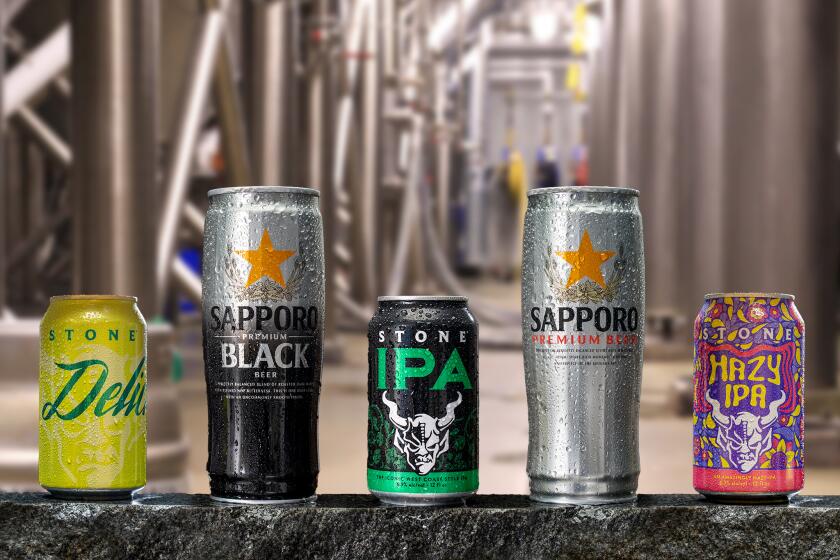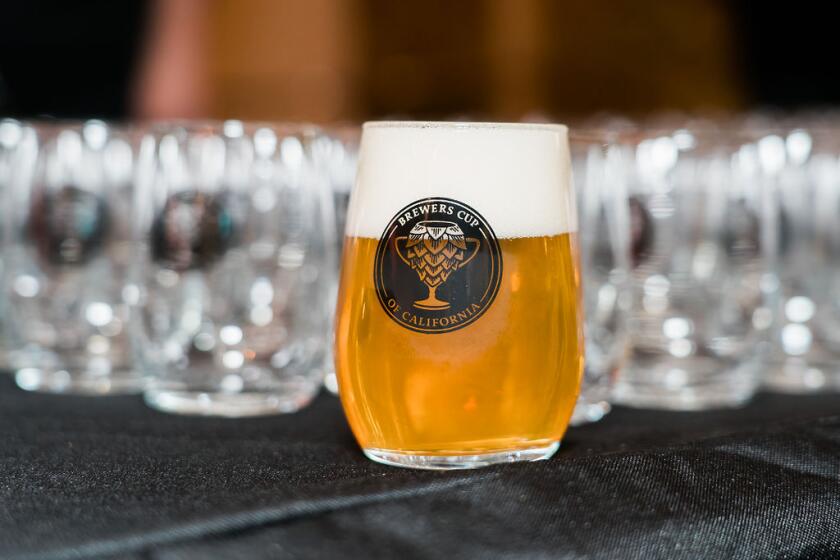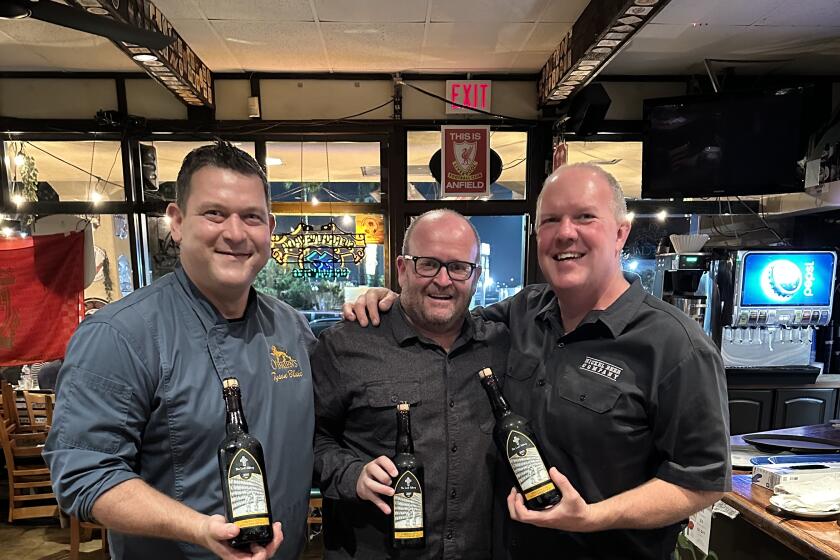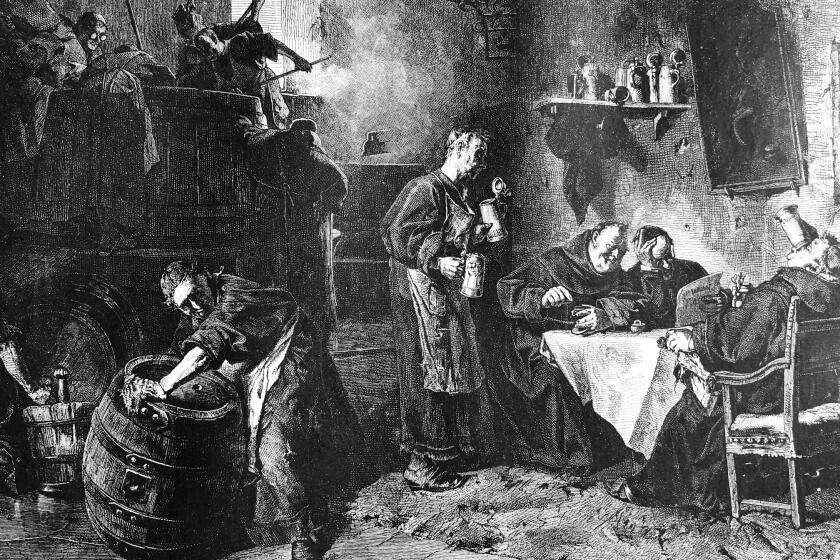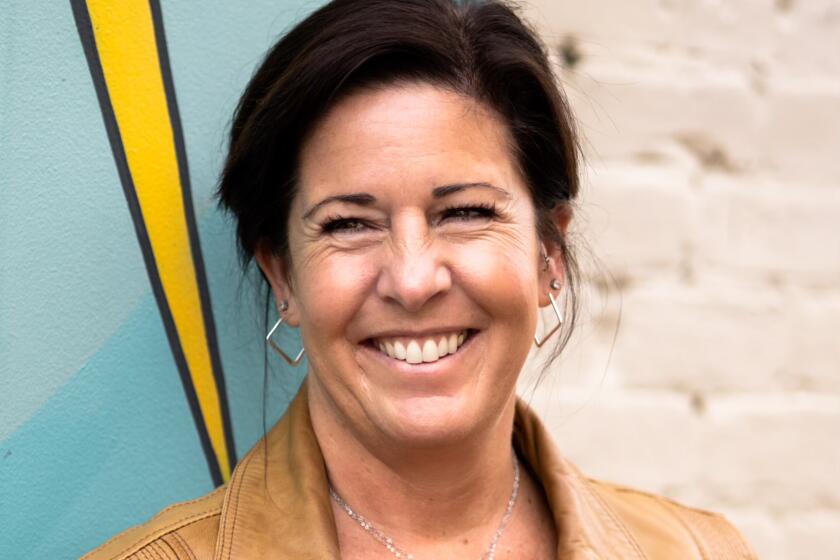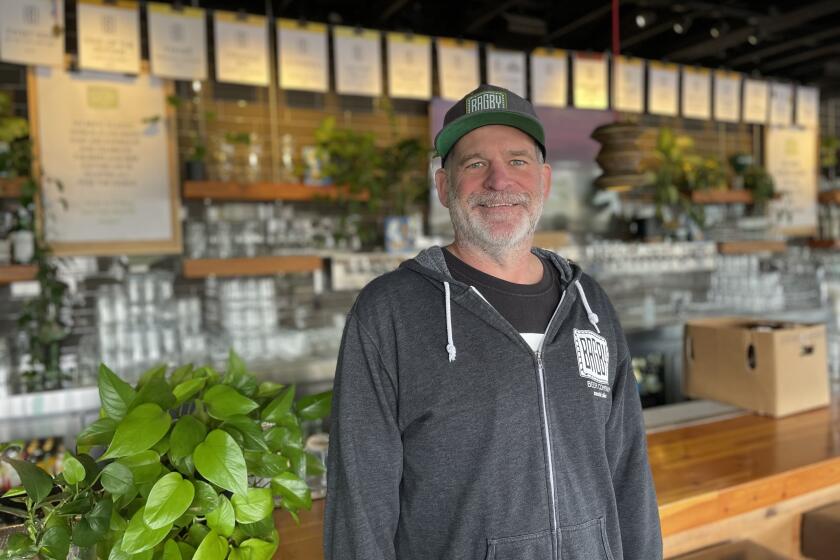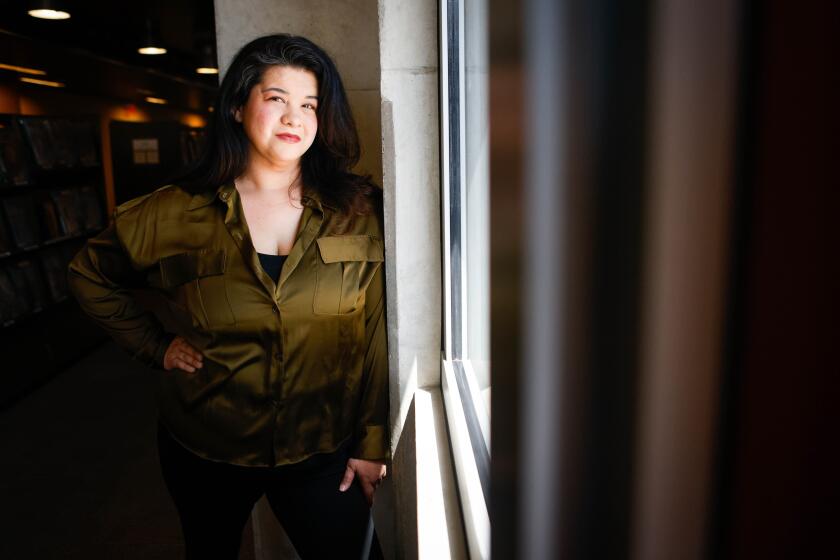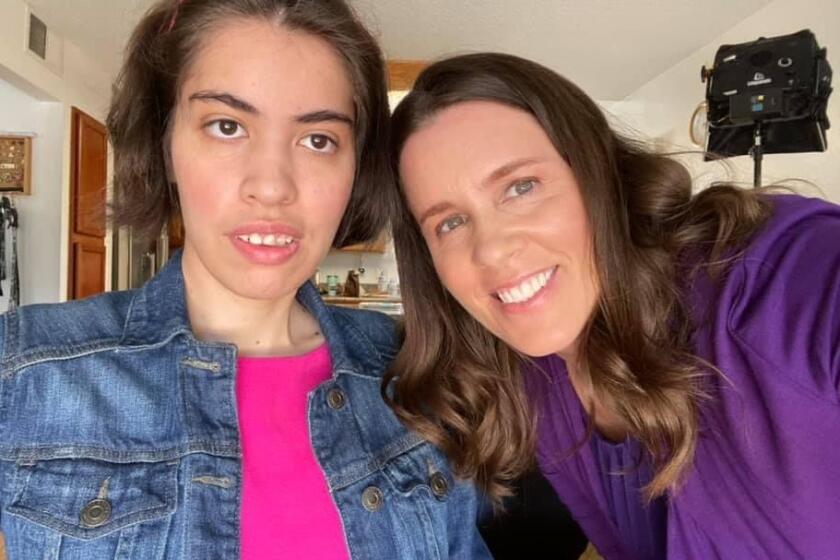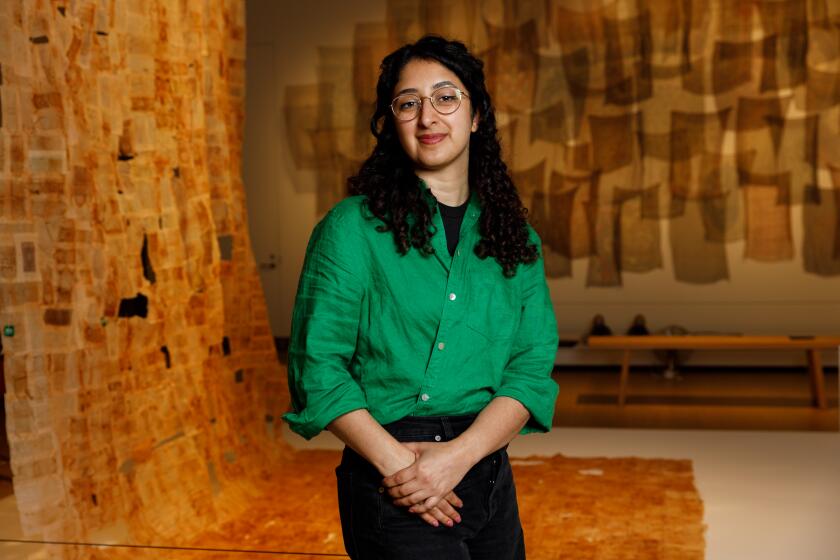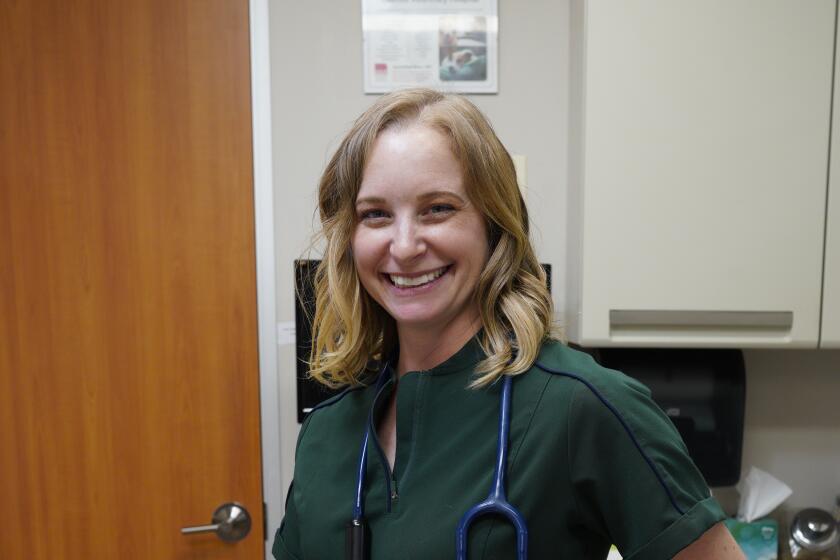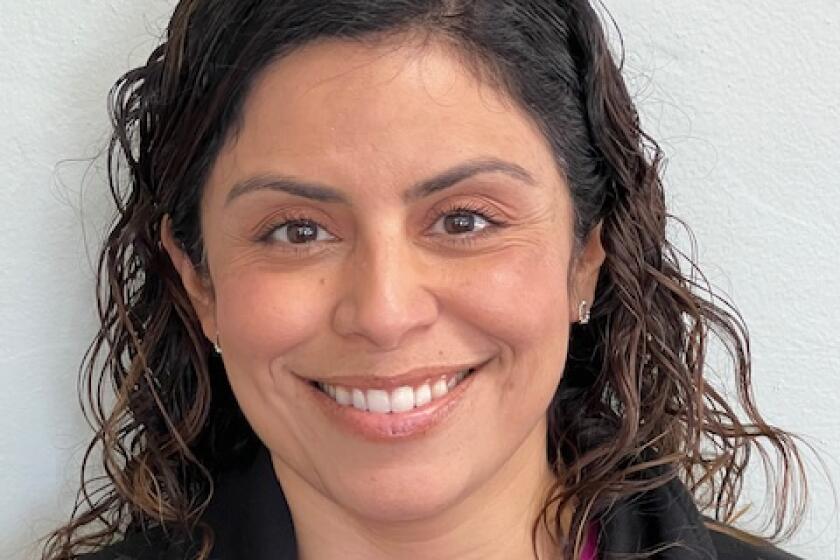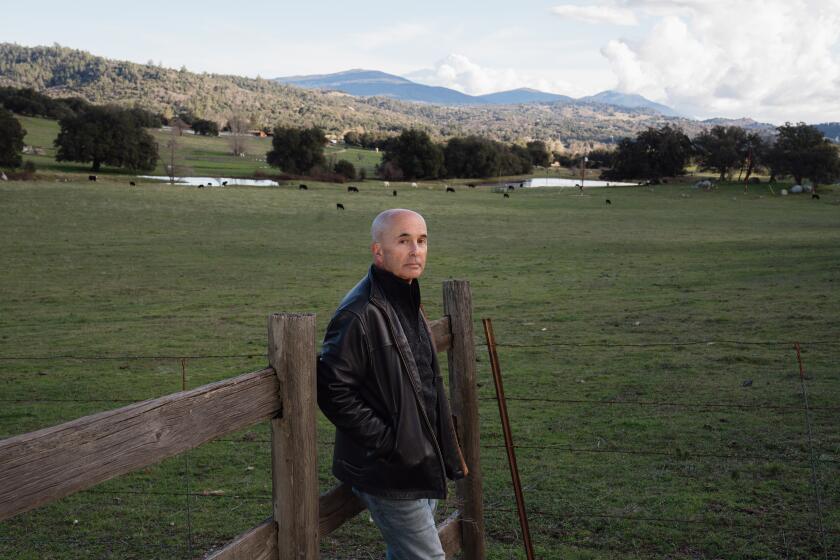NAACP gala marks 100 years in San Diego
‘There’s something to be said for longevity,’ said Clovis Honoré, president of the San Diego branch.
On Friday, the local branch of the National Association for the Advancement of Colored People will host a once-in-a-century event.
The Freedom Fund Dinner, 6 to 10 p.m. in the Jacobs Center for Neighborhood Innovation, marks the branch’s 100th anniversary.
“The national NAACP is 110 years old and we are 100 years old,” said Clovis Honoré, president of the San Diego branch. “There’s something to be said for longevity.”
Karlene Chavis, chief meteorologist at KFMB-TV, will serve as mistress of ceremonies. Robert E. Dean, a member of the branch’s board and a veteran gospel singer, will be the master of ceremonies. Curtis Taylor, a professional trumpeter whose work on Gregory Porter’s “Liquid Spirit” won a 2014 Grammy for best jazz vocal album, will perform with his trio.
The local branch was founded in 1919 with the encouragement of W.E.B. Du Bois, the sociologist, historian and civil rights advocate who helped create the national NAACP. In San Diego, the organization’s original leadership included Solomon Johnson, a former slave, and Edward W. Anderson, whose 1897 lawsuit is regarded as the first civil rights case to be heard in Southern California.
In the 1940s and 1950s, the NAACP won notable legal victories. Thurgood Marshall, a future U.S. Supreme Court justice, represented the organization in Brown vs. the Board of Education, a landmark case that outlawed “separate but equal” public educational systems. In San Diego, branch president Dr. Jack Kimbrough’s lawsuits forced dozens of downtown restaurants to serve African-Americans.
“In terms of civil rights, the NAACP was definitely one of the more active organizations in the 1950s,” said Channon Miller, an assistant professor of history at the University of San Diego, who has studied civil rights movements. “This definitely becomes apparent in the ‘50s, when black communities are considering what is desired and what is needed to achieve freedom.”
In the 1960s and ‘70s, groups like the Black Panthers appeared, offering social programs and a more militant approach to civil rights. The NAACP, though, remains committed to its strategy of seeking change through legal and legislative routes.
“We are very much in that same place today,” Honoré said. “We look upon that as a strength of the organization.”
The Jacobs Center is located at 404 Euclid Ave., San Diego.
Get Essential San Diego, weekday mornings
Get top headlines from the Union-Tribune in your inbox weekday mornings, including top news, local, sports, business, entertainment and opinion.
You may occasionally receive promotional content from the San Diego Union-Tribune.

